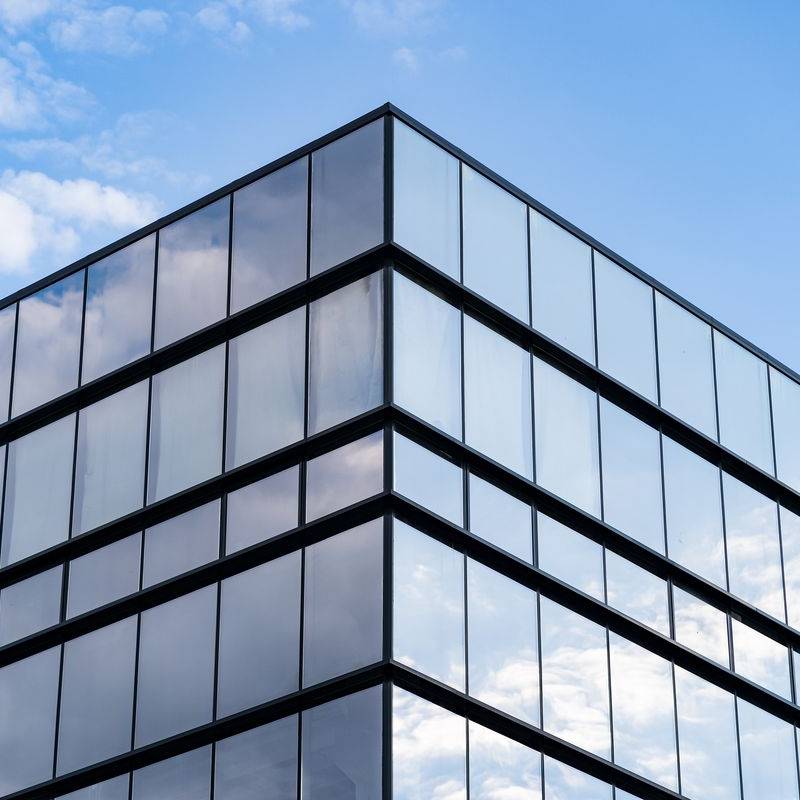

Tinted Glass in China Trends, Benefits, and Market Prospects
In recent years, the adoption of tinted glass has gained significant momentum across various industries in China. This trend is driven by a combination of aesthetic appeal, energy efficiency, and enhanced privacy features that tinted glass offers. As a material that has multifaceted applications, tinted glass is becoming increasingly popular in architectural designs, automotive manufacturing, and interior decorations. This article explores the trends, benefits, and market prospects of tinted glass in China.
What is Tinted Glass?
Tinted glass is created by adding certain materials or chemicals during the manufacturing process, which alters the glass's color and opacity. The most common types of tinted glass include bronze, gray, blue, and green, which filter sunlight effectively, thus reducing glare and heat transfer. Tinted glass can be produced in various thicknesses and can also be combined with other technologies, such as low-emissivity (Low-E) coatings, to enhance its thermal performance.
Trends in the Tinted Glass Market
1. Architectural Designs One of the most significant trends driving the demand for tinted glass in China is its widespread use in modern architectural designs. With urbanization at an all-time high, architects and builders are increasingly opting for tinted glass facades for commercial buildings and residential complexes. Tinted glass not only provides a sleek and sophisticated look but also contributes to the overall energy efficiency of buildings by minimizing the need for artificial cooling.
2. Automotive Applications The automobile sector in China is also witnessing a surge in the use of tinted glass. As car manufacturers aim to enhance passenger comfort and safety, tinted glass is integrated into vehicle windows to reduce interior heat and protect occupants from harmful UV rays. Moreover, tinted glass offers an added layer of privacy, making it a popular choice for luxury vehicles.
3. Regulatory Support The Chinese government has introduced regulations to promote energy-efficient materials in construction and manufacturing. Such policies positively influence the tinted glass market, as builders and manufacturers seek to comply with energy-saving standards. This regulatory support acts as a catalyst for the growth of the tinted glass industry in China.

Benefits of Tinted Glass
1. Energy Efficiency One of the primary advantages of tinted glass is its ability to reduce heat gain and glare, leading to lower energy consumption for cooling systems. By filtering out a significant portion of solar radiation, buildings with tinted glass can maintain comfortable indoor temperatures with less reliance on air conditioning.
2. Enhanced Privacy Tinted glass offers an element of privacy without sacrificing natural light. It allows occupants to enjoy daylight while keeping views from the outside world obscured. This feature is particularly beneficial for residential buildings and offices where confidentiality is essential.
3. UV Protection Tinted glass provides protection against harmful ultraviolet (UV) rays, which can cause skin damage and fade indoor furnishings. By blocking a substantial percentage of UV radiation, tinted glass helps protect both occupants and their belongings.
4. Aesthetic Appeal Lastly, tinted glass enhances the visual appeal of structures. It adds a contemporary touch to architectural designs and can be used to create striking contrasts with other materials.
Market Prospects
The future of the tinted glass market in China looks promising. With the increasing awareness of environmental sustainability and energy efficiency, builders, architects, and consumers are expected to continue gravitating towards tinted glass solutions. Moreover, innovations in manufacturing processes and coatings will likely lead to improved product offerings, further boosting market growth.
In conclusion, tinted glass is an essential component of modern structures and vehicles in China, offering numerous benefits that cater to aesthetic desires and energy-saving needs. As the market continues to expand, we can anticipate an increased emphasis on sustainable practices, innovative designs, and regulatory support, solidifying tinted glass's position as an integral part of the building and automotive industries.